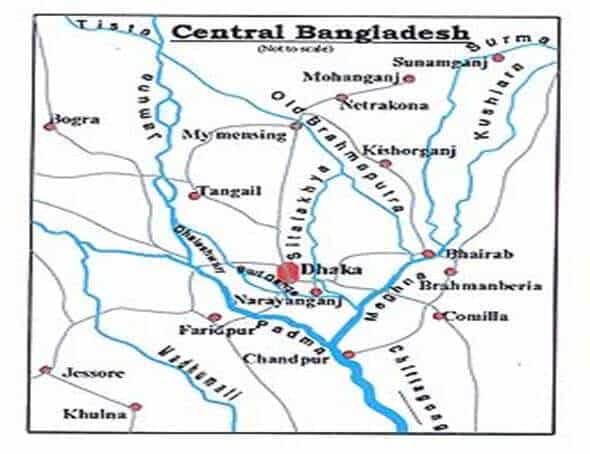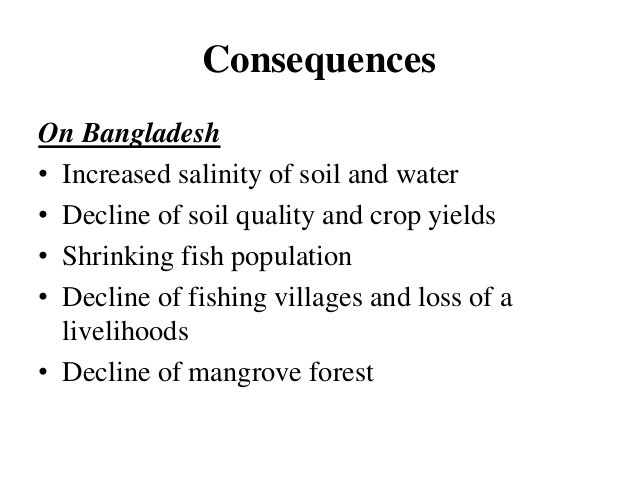INTEREST RATE OF MICRO CREDIT IN BANGLADESH
- Impact of Microfinance in Poverty Alleviation -MFIs are successful at reaching the wealthier poor; not to the extremely poor and destitute groups.
- For poor with previous indebtedness, MFPs are not effective .Effective only for economically active poor.
- MFI interest rates are much higher in terms of borrowers’ graduation.
- Charging high interest to poor is unfair, and unrealistic.
- Only economically active women could uplift their empowerment status. Majority of MFI members remained or demoted into ‘low level of empowerment’.
- Non-members improved or at least sustained their empowerment status.
- Inelastic demand for Islamic MFPs exists in the study areas.
- Islamic MFPs have the potential to alleviate rural poverty.
- In a nutshell, MFIs are not doing exactly what they are publicly claiming. Microfinance is a good business for the MFIs; but, unfortunately, not so for its borrowers. Ironically, many poor borrowers, in fact, get deeper into debt and poverty in the process. Therefore, a modified, comprehensive, and specialized approach is needed to address the diverse needs of the poor and alleviation of poverty.
- Special care should be given to the extremely poor and destitute.
- Sufficient amount of loan should be given-Upon ensuring skill development training, in kind, at a reasonable lower interest rate, to enterprises selected upon consultation with MFIs.
- loan re-payment instalment should be fortnightly or monthly.
- Regular monitoring, follow-up support and services should be ensured.
- Steps should be taken for liquidation of members’ indebtedness with moneylenders.
- Institutional supply of raw materials can benefit the borrowers and enhance institutional sustainability. Marketing facilities for the members should be given to ensure fare products price.
- PLS SEE DETAILS IN
- https://www.slideshare.net/sayeed786/the-microfinance-initiatives-for-poverty-alleviation-rhetoric-and-reality-in-bangladesh

































